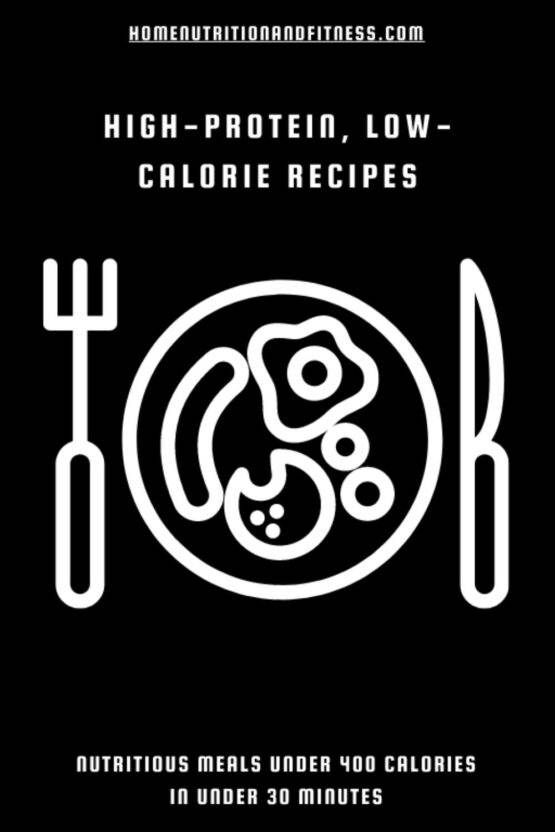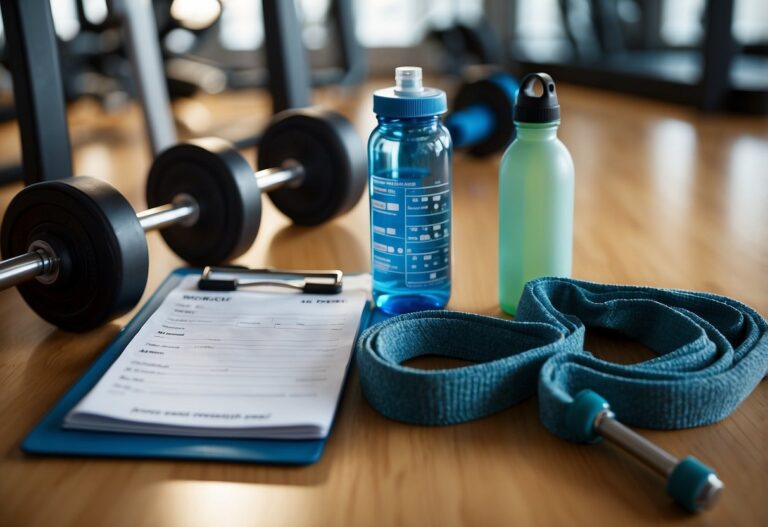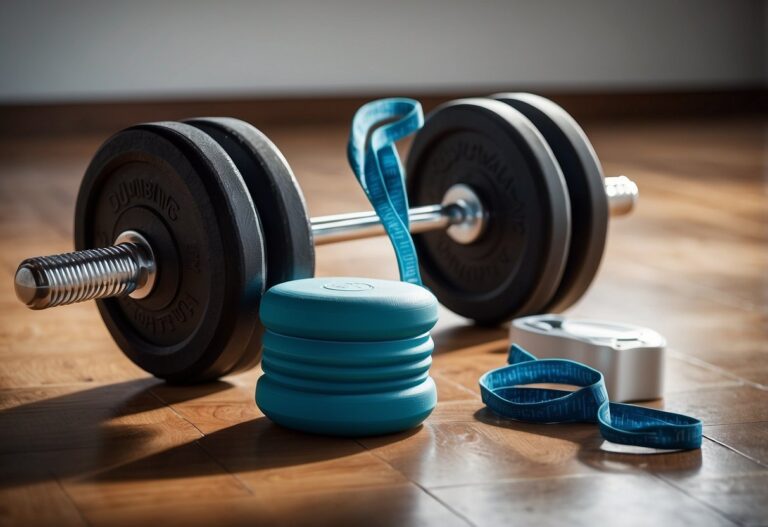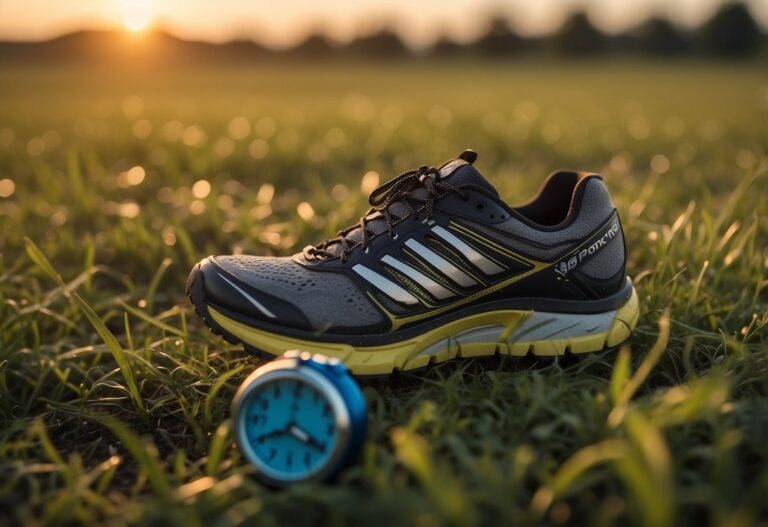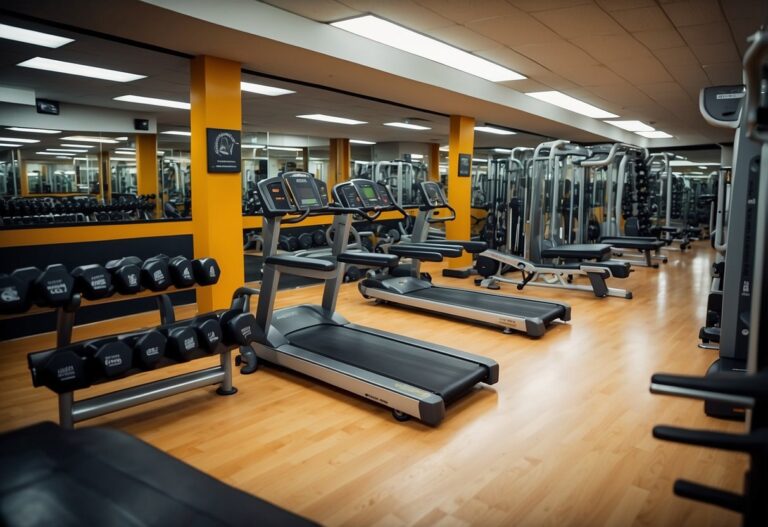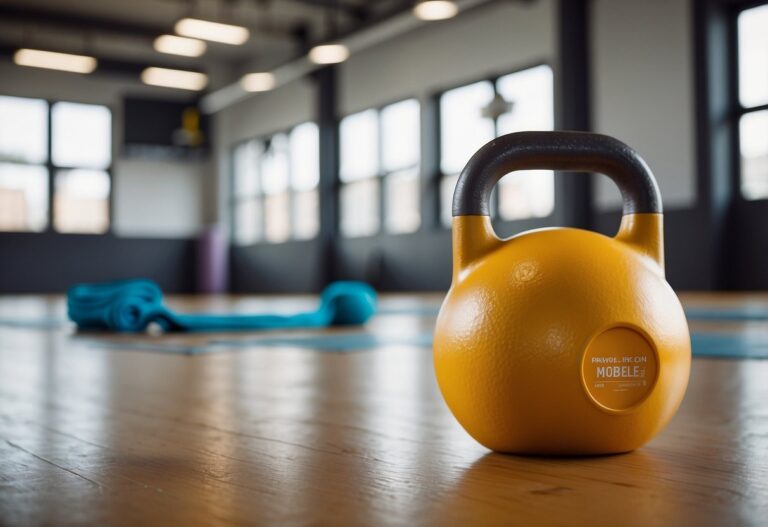Thinking about combining your fasting routine with workouts? You’re not alone. Many people are exploring fasted workouts to optimise their fitness results. By working out in a fasted state, you can enhance fat burning and improve metabolic flexibility.

It’s essential to approach this method with the right tips to ensure you stay safe and get the most out of your workouts. Navigating fasted exercise can transform your fitness regime, leading to increased energy levels and better performance.
Hydrate before exercising

Drinking enough water before you start your workout is crucial. It’s vital for your body to function at its best. Hydration helps your muscles work better, reducing the risk of cramps and injuries.
Aim to drink 16 to 24 ounces of water about two hours before you exercise. This gives your body time to absorb the fluids. Then, sip 8 ounces 15 minutes before you begin.
Staying hydrated also improves your performance. You will feel more energetic and less tired. Remember to drink water, even if you don’t feel thirsty. This small habit can make a big difference in how you feel during your workout.
Try Coffee Pre-Workout
Before diving into your workout, consider having a cup of coffee.
With caffeine, you’ll feel more alert and ready to tackle your exercise routine. Studies show that caffeine can boost your performance and endurance.
Try consuming 1-2 cups of coffee about 30-60 minutes before you start. This timing is key for getting the full benefits of the caffeine.
Remember, keep it simple. Black coffee is best. Avoid adding sugar or cream, as they can add unnecessary calories.
Have you noticed an energy boost from coffee before your workouts?
Incorporate light cardio

When doing intermittent fasting, light cardio can be a great addition to your routine. It helps manage energy levels and burns calories without overtaxing your body. Activities like walking, cycling, and swimming are all excellent choices.
Try doing incline-walking on a treadmill. Check recommended settings at this guide. Aim for an incline of 7-14% and a speed between 2.6-3.5 mph.
Using light cardio allows your body to gradually adapt, which helps prevent injuries and supports your fasting goals. You’ll find it easier to maintain a steady exercise habit while fasting.
Focus on Bodyweight Exercises
Bodyweight exercises are perfect for fasted workouts. You don’t need any special equipment, and they can be done anywhere, anytime.
Start with simple moves like squats, push-ups, and pull-ups. These exercises work multiple muscle groups, making your workout efficient and effective.
As you get stronger, mix in more challenging moves like planks or burpees. This keeps your routine exciting and helps you progress.
Remember to listen to your body and stay hydrated. Regular breaks ensure you don’t overdo it, especially during a fasted state. Keep your form tight to prevent injury and maximise benefits.
Maintain Correct Form

When you exercise while fasting, it’s essential to maintain correct form to prevent injuries and maximise benefits. Think about a slight forward lean and a natural arm swing when running. This reduces strain on your body.
Running uphill focuses on your forefoot strike strength while downhill running boosts your glute strength. Both can enhance your overall running form.
Strength training should also be done properly. Make sure you use a full range of motion and avoid jerky movements. This helps in building muscle evenly and prevents unnecessary strain.
Stay tuned to how your body feels and adjust accordingly!
Consume Electrolytes Post-Workout

After a fasted workout, it’s important to replenish your electrolytes. Electrolytes like sodium, potassium, and magnesium help maintain fluid balance and muscle function.
Drinking water alone isn’t enough; you need drinks with added electrolytes to stay fully hydrated. Consider isotonic sports drinks or coconut water which are rich in essential minerals.
Eating foods high in electrolytes also helps. Try leafy green vegetables, whole grains, and nuts. For a tasty option, peanut butter and banana can be a great snack to boost your electrolyte levels.
Staying hydrated and ensuring your electrolyte levels are balanced can help you recover faster and perform better in your next workout.
Keep Workouts Short

When you’re working out while fasting, it’s smart to keep your workouts short. This way, you conserve energy and avoid overexertion.
Short workouts, like a 30-minute session, can still be highly effective. Quick sessions are especially good if you feel low on energy.
You might find that you can fit a workout into your day more easily if it’s short. A few sprints or a quick strength session can do the trick.
Think about how you feel. If you’re tired, a brief workout can be more manageable.
For example, a Upper/Lower Body Split can help balance efficiency with rest.
Listen to your body

When you engage in a fasted workout, it’s crucial to listen to your body. Start by paying attention to how you feel during each exercise session. If you find yourself feeling weak or dizzy, it’s okay to take it easy or modify your workout.
Hydration is key. Ensure you drink plenty of water before, during, and after your exercise. This helps maintain your energy levels and prevent dehydration.
If you notice consistent fatigue, consider adjusting the timing of your workouts. For example, you might find it more effective to exercise during your eating window.
Remember, everyone’s body reacts differently. What works for one person might not work for another. Be patient and give yourself time to adjust.
Use Fasting-Friendly Supplements
When working out while fasting, it’s important to consider supplements that won’t break your fast.
Beta-Alanine is a popular choice. It helps improve muscle endurance by reducing lactic acid build-up, making it ideal for extended workouts.
Creatine provides a quick boost of energy by enhancing ATP production. This helps you maintain your performance without needing extra calories.
Electrolytes are crucial. They help maintain hydration, especially if you’re sweating a lot during exercise. Look for options free of sugars or artificial additives.
Always choose supplements that align with fasting goals to maintain effectiveness.
Increase protein intake post-exercise
After working out, your muscles need protein to start repairing and growing. Aim to consume about 20-30 grams of high-quality protein within 30-60 minutes post-exercise. This helps maximise muscle recovery.
Think about how you can integrate this into your routine. A protein shake or a meal with chicken, fish, or tofu works well. What’s your favourite post-workout protein source? Find one you enjoy to make it a regular habit.
Benefits Of Fasted Workouts
When it comes to fasted workouts, many people find specific benefits related to fat burning, insulin sensitivity, and growth hormone production. Here’s a closer look at these advantages.
Increased Fat Burning
Fasting workouts can help you burn more fat. When you exercise on an empty stomach, your body doesn’t have immediate food energy to draw from. Instead, it uses your fat reserves. This can make your body more efficient at tapping into fat stores for energy.
There are studies that show fasted weight training can result in more fat loss compared to non-fasted workouts. Because you start with lower glycogen levels, your body has to lean on fat reserves earlier during exercise. This makes fasted workouts a strategic choice for those aiming to reduce body fat percentages.
Improved Insulin Sensitivity
Fasted workouts can also improve your insulin sensitivity. Insulin is a hormone that helps your body use glucose from carbohydrates. Improved sensitivity means your body can use the available glucose more effectively, which is great for your overall health.
Increased insulin sensitivity helps in better regulation of blood sugar levels. This means less risk for conditions like type 2 diabetes. By working out in a fasted state, you are making your body better at handling the sugars and carbohydrates you consume later. This can be particularly beneficial if you are managing your weight or have concerns about metabolic health.
Enhanced Growth Hormone Production
Another benefit of fasted workouts is the production of growth hormone, which plays a crucial role in muscle development, fat metabolism, and general body composition. Studies suggest that fasting can significantly increase your growth hormone levels.
Higher growth hormone levels help in the recovery and building of muscles, aiding both performance and aesthetic goals. For those interested in muscle growth or fat loss, this is a valuable benefit. Growth hormone can also enhance the way your body repairs itself, making fasted workouts a potential way to boost these natural processes.
Fasted workouts offer specific advantages including increased fat burning, improved insulin sensitivity, and enhanced growth hormone production. These benefits make fasted exercise a compelling option for fitness enthusiasts aiming to maximise their workout results.
Preparation For Fasted Workouts
To get the most out of your fasted workouts, it’s essential to plan carefully. This involves staying hydrated, considering the use of pre-workout supplements, and ensuring you get adequate sleep and rest.
Hydration Strategies
Water is crucial, especially when you’re fasting. Dehydration can affect your performance and overall well-being. Aim to drink at least 2-3 litres of water throughout the day. Start your day with a large glass of water and keep hydrating regularly.
You might want to add electrolytes to your water, particularly if you sweat a lot during workouts. Electrolytes help maintain fluid balance and prevent cramps. Coconut water or sports drinks can be good options for replenishment.
Pre-Workout Supplements
Even when fasting, certain supplements can help. BCAAs (Branched-Chain Amino Acids) are excellent for supporting muscle preservation and energy. Taking BCAAs before your workout can help you maintain muscle mass.
Caffeine is another supplement that can boost your energy levels and improve focus. A cup of black coffee before your workout can be an effective and simple option. Be cautious with the dosage, as too much caffeine might lead to jitters or upset stomach.
Sleep And Rest
Getting adequate rest is vital for any fitness regimen, especially when you’re practising intermittent fasting. Aim for 7-9 hours of sleep each night to allow your body to recover and perform optimally during workouts.
Establish a regular sleep schedule by going to bed and waking up at the same time each day. Create a relaxing bedtime routine to improve sleep quality, such as reading or practising light stretching.
Proper rest helps to balance your body’s energy levels, making it easier to sustain your exercise routines while fasting.

